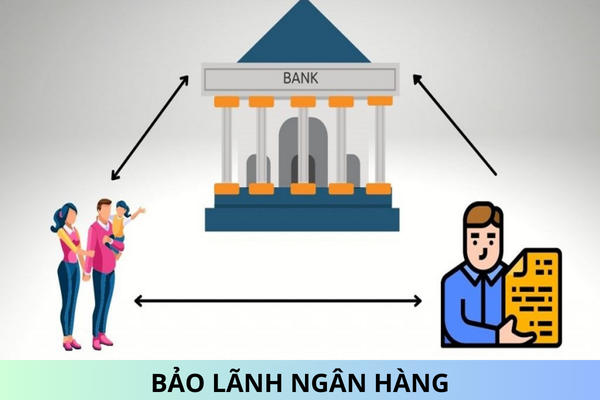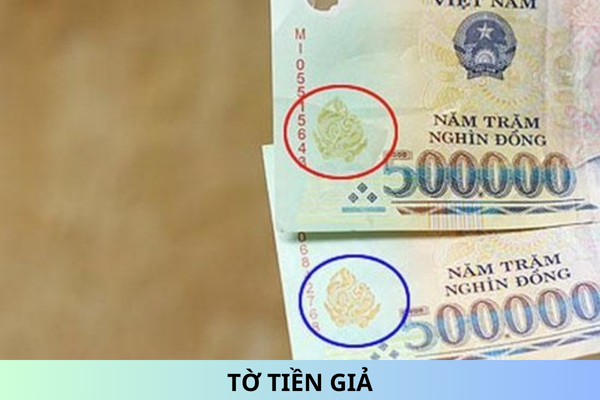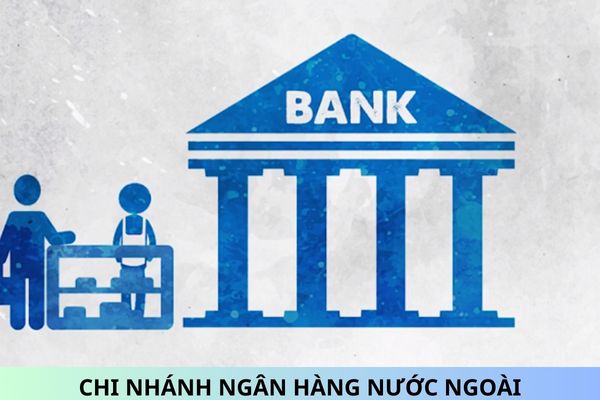What are requirements for grant of loans secured by financial instruments between members in Vietnam?
What are requirements for grant of loans secured by financial instruments between members in Vietnam? What documents are included in the application for grant of loans secured by financial instruments between members in Vietnam? In Vietnam: How to handle in case the borrower is unable to partially or fully repay the loan principal and interest to the lender?
Thank you!
What are requirements for grant of loans secured by financial instruments between members in Vietnam?
Pursuant to Clause 1 Article 17 of the Circular 16/2022/TT-NHNN stipulating grant of loans secured by financial instruments between members in Vietnam as follows:
Grant of loans secured by financial instruments between members
1. Financial instruments used in lending transactions secured by financial instruments between members shall not be used for ensuring their fulfillment of obligations in other operations at the SBV. They must be deposited at SBV, either deposited directly at SBV or deposited on SBV’s client account opened at VSDC.
As regulations above, Financial instruments used in lending transactions secured by financial instruments between members shall:
- not be used for ensuring their fulfillment of obligations in other operations at the SBV
- be deposited at SBV, either deposited directly at SBV or deposited on SBV’s client account opened at VSDC
What documents are included in the application for grant of loans secured by financial instruments between members in Vietnam?
Pursuant to Clause 2 Article 17 of the Circular 16/2022/TT-NHNN stipulating grant of loans secured by financial instruments between members in Vietnam as follows:
Grant of loans secured by financial instruments between members
...
2. When a member (the borrower) wishes to provide its financial instruments for getting a loan from another member (the lender), it shall submit an application to the SBV (the SBV’s Operations Center). Such an application includes:
a) The application form made according to Appendix 6a/LK enclosed herewith;
b) The original contract for pledge of financial instruments made between the borrower and the lender.
As regulations above, when a member wishes to provide its financial instruments for getting a loan from another member, it shall submit an application including:
- The application form made according to Appendix 6a/LK enclosed herewith;
- The original contract for pledge of financial instruments made between the borrower and the lender.
In Vietnam: How to handle in case the borrower is unable to partially or fully repay the loan principal and interest to the lender?
Pursuant to Clause 3, 4, 5 and 6, Article 17 of the Circular 16/2022/TT-NHNN stipulating grant of loans secured by financial instruments between members in Vietnam as follows:
Grant of loans secured by financial instruments between members
...
3. The SBV (the SBV’s Operations Center) shall receive the application and follow procedures for blocking relevant financial instruments and transferring them from the account on financial instruments deposited by clients to the account on financial instruments deposited for credit extension on interbank market of the borrower.
4. During the validity period of the pledge, if agreed in writing by the lender, the borrower may request the SBV (the SBV’s Operations Center) to extend the validity period of the pledge and/or replace the financial instruments blocked by the SBV with other financial instruments deposited at the SBV. The SBV shall consider responding to the borrower’s request after receiving confirmation from the lender.
5. The SBV shall transfer financial instruments from the account on financial instruments deposited for credit extension on interbank market to the account on financial instruments deposited by clients when receiving the borrower’s application for release of financial instruments which is made according to Appendix 6b/LK enclosed herewith and bears the lender’s consent for such release.
6. In case the borrower is unable to partially or fully repay the loan principal and interest to the lender, within 05 (five) working days from the receipt of the written request from the lender, the SBV shall follow procedures for transferring the ownership of such financial instruments from the borrower to the lender without consent from the borrower (i.e. holder of such financial instruments), provided that this transfer has been agreed upon and specified in the signed contract. Otherwise, the SBV shall only follow procedures for transferring the ownership of such financial instruments from the borrower to the lender at the lender’s written request which must bear the consent from the borrower (i.e. holder of such financial instruments) and the debt settlement record made between two parties. Where the borrower neither fulfills its obligations nor gives consent to use of collateral for debt repayment, the SBV shall refuse to release the relevant financial instruments and take actions against the collateral in accordance with regulations of law.
As regulations above, in case the borrower is unable to partially or fully repay the loan principal and interest to the lender, within 05 (five) working days from the receipt of the written request from the lender:
- The SBV shall follow procedures for transferring the ownership of such financial instruments from the borrower to the lender without consent from the borrower (i.e. holder of such financial instruments), provided that this transfer has been agreed upon and specified in the signed contract.
- Otherwise, the SBV shall only follow procedures for transferring the ownership of such financial instruments from the borrower to the lender at the lender’s written request which must bear the consent from the borrower (i.e. holder of such financial instruments) and the debt settlement record made between two parties.
- Where the borrower neither fulfills its obligations nor gives consent to use of collateral for debt repayment, the SBV shall refuse to release the relevant financial instruments and take actions against the collateral in accordance with regulations of law.
Best regards!











